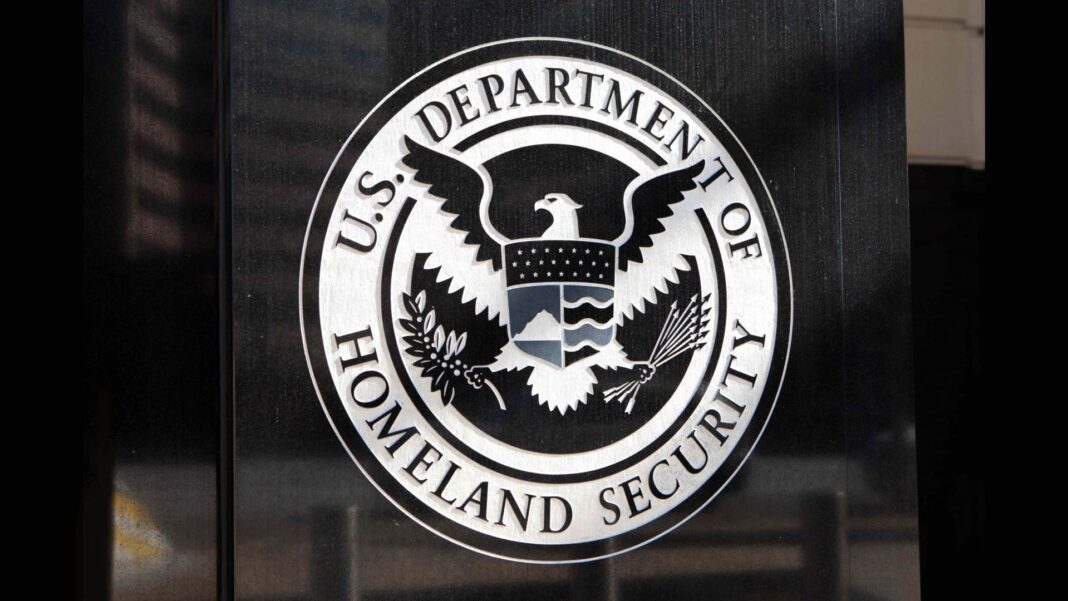
A round-robin series of crucial last-minute decisions by senators anxious to wrap up their work before Christmas resulted in a decisive 68–29 vote to approve the controversial $1.85 trillion omnibus spending bill to keep the federal government open well into the New Year.
The vote represented a major victory for Senate Majority Leader Chuck Schumer (D-N.Y.), Speaker of the House Nancy Pelosi (D-Calif.), Senate Minority Leader Mitch McConnell (R-Ky.), House Appropriations Committee Chairman Rosa DeLauro (D-Conn.), Senate Appropriations Committee Chairman Patrick Leahy (D-Vt.) and the appropriations panel’s top Republican, Sen. Richard Shelby (R-Ala).
The bipartisan group began meeting behind closed doors weeks ago, seeking to assemble the massive spending measure that ultimately included more than 5,000 pages when all of the supporting documents are included. The bill was made necessary by the fact the Senate failed to act earlier in the year on the 12 major appropriation bills that together constitute the federal budget. The House of Representatives approved its version of the bill earlier this month.
The group’s deliberations came to a conclusion late on Dec. 20 and senators received their copies of the text in the middle of the night. Had the omnibus proposal failed, the federal government would have had to shut down on Dec. 23, as funding provided under the most recent of multiple continuing resolutions would’ve been exhausted.
The measure includes $858 billion in defense spending, a nearly 10 percent increase over last year that gained Republican support, plus $787 billion in non-defense spending, marking a nearly 8 percent boost. Also in the proposal is about $85 billion in supplemental funding for Ukraine and for disaster relief.
Under a last-minute agreement, a long list of proposed amendments were considered in a lengthy series of brief statements by advocates and opponents, followed by roll-call votes.
Among the key votes prior to the last roll call for final passage, a motion was introduced by Sen. Rand Paul (R-Ky) against waiving the procedural rules under the 1974 Budget Control Act that require separate votes on each of the 12 major appropriations bills lumped together in the omnibus.







